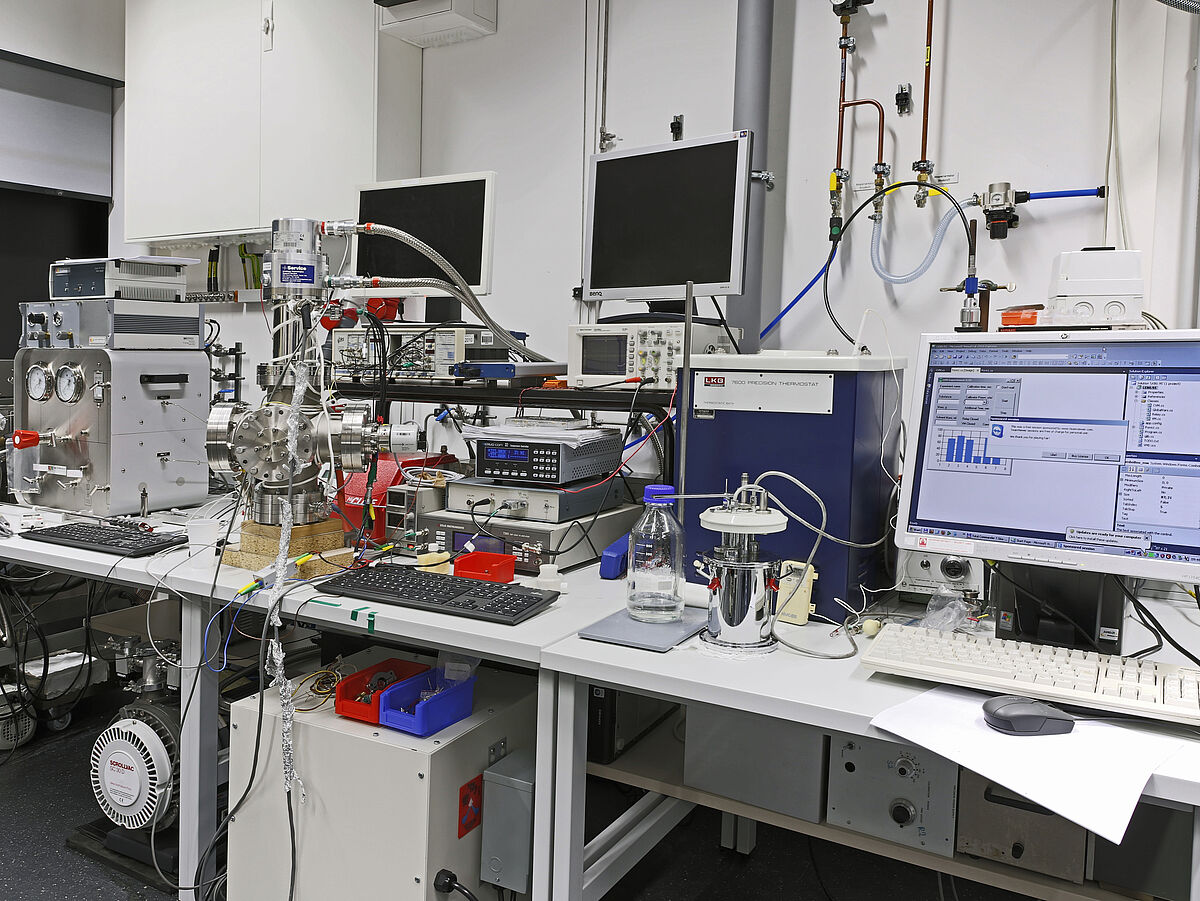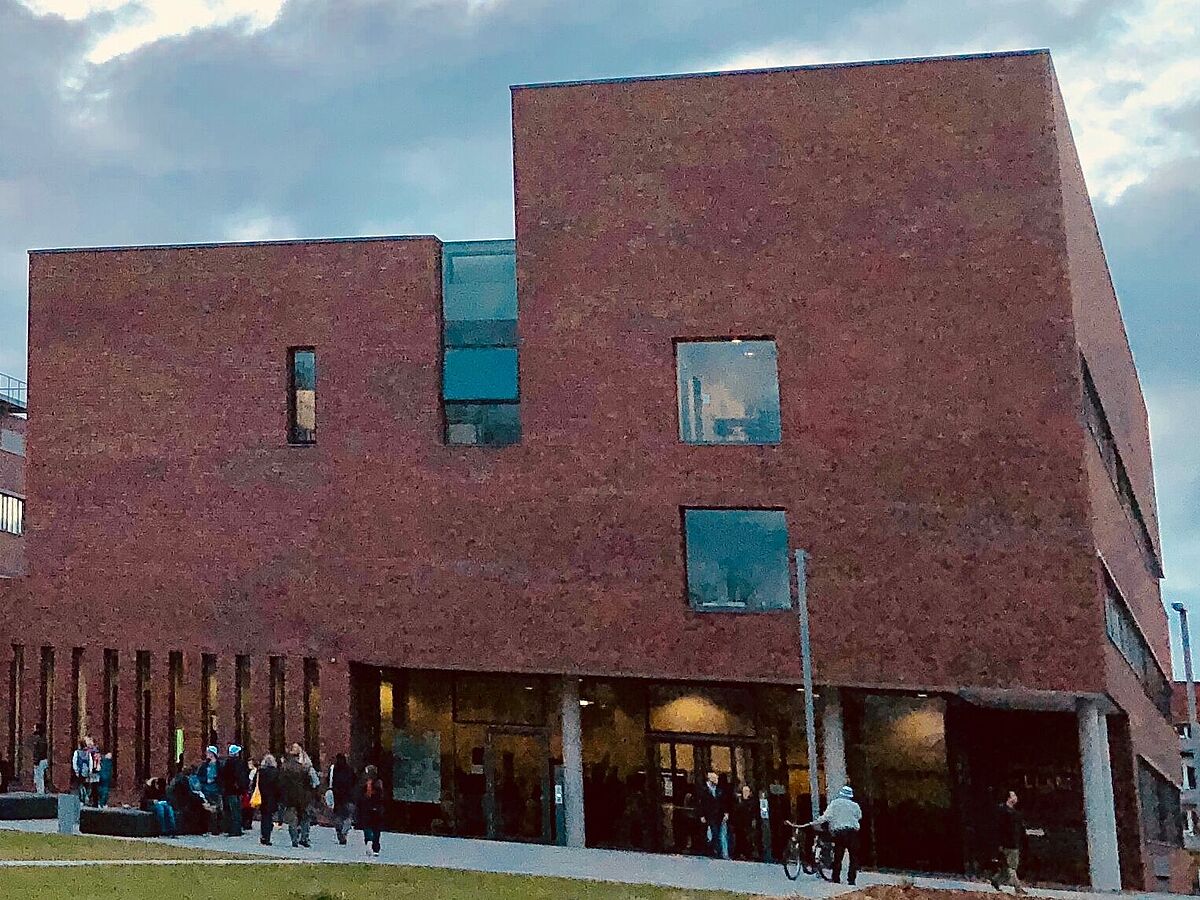Vision of the LL&M department
... is to promote Small Scale Sensing through the combination of Light on Matter,Matter at the Nanoscale and Cells in Contact. We develop innovative methods to explore these areas and thus make a significant contribution to overcoming global challenges.
Backgrounds
In 2007, the University of Rostock founded the "Science and Technology of Life, Light and Matter" (LL&M) department to establish a link between the natural sciences, engineering and life sciences. This initiative should promote cooperation between different departments and faculties and drive innovative research in the field of life sciences.
LL&M is part of the Interdisciplinary Faculty (INF), which includes three other departments in addition to LL&M: Maritime Systems, Ageing of the Individuals and Society (since 2007) and Knowledge-Culture-Transformation (since 2010). This structure makes it possible to view and solve complex scientific challenges from different perspectives.
The department has received a positive response from personalities at the University of Rostock, which underlines its importance in the academic community. Currently, 49 members from different faculties of the University of Rostock as well as from research institutions such as the Leibniz Institutes for Atmospheric Physics and Catalysis, the Institute for Baltic Sea Research and the Welding Training and Research Institute MV are involved in LL&M.
In addition, LL&M maintains an interdisciplinary graduate network that aims to promote young academics. Numerous fellows are currently active in this network, who benefit from the diversity of the department and receive interdisciplinary further training. Once a year, these young academics come together to present their research projects, exchange experiences and network across traditional disciplinary boundaries.
Aim
The Department of Life, Light and Matter (LLM) combines key research areas in the natural sciences, engineering and life sciences and cooperates closely with the faculties. The LLM department deals with interdisciplinary issues from the nanosciences, materials science, biomedical implant technology, biophysics and photonics. With the thematic areas of Light on Matter, Matter at the Nanoscale and Cells in Contact, we pursue the guiding principle of analyzing, understanding and controlling fundamental processes at the atomic and molecular level. These areas enable the development of innovative sensors, with nanomaterials and quantum effects offering the potential for future miniaturization.
The basis for this research in LLM is its own research building, which houses competence centers (calorimetry, surfaces/interfaces, nuclear magnetic resonance spectroscopy, mass spectrometry, microscopy/spectroscopy), other large-scale equipment and the electron microscopy center (ELMI-MV). The department thus supports international research alliances such as the SFBs Elaine and LiMatI.
In the long term, the aim is to achieve a leading international position in nanosensor technology. To this end, new techniques for micro- and nanostructuring surfaces and volumes are being developed. The basic prerequisite for this is knowledge of the material used at the nano level, for which light, electron and quantum techniques are used.




